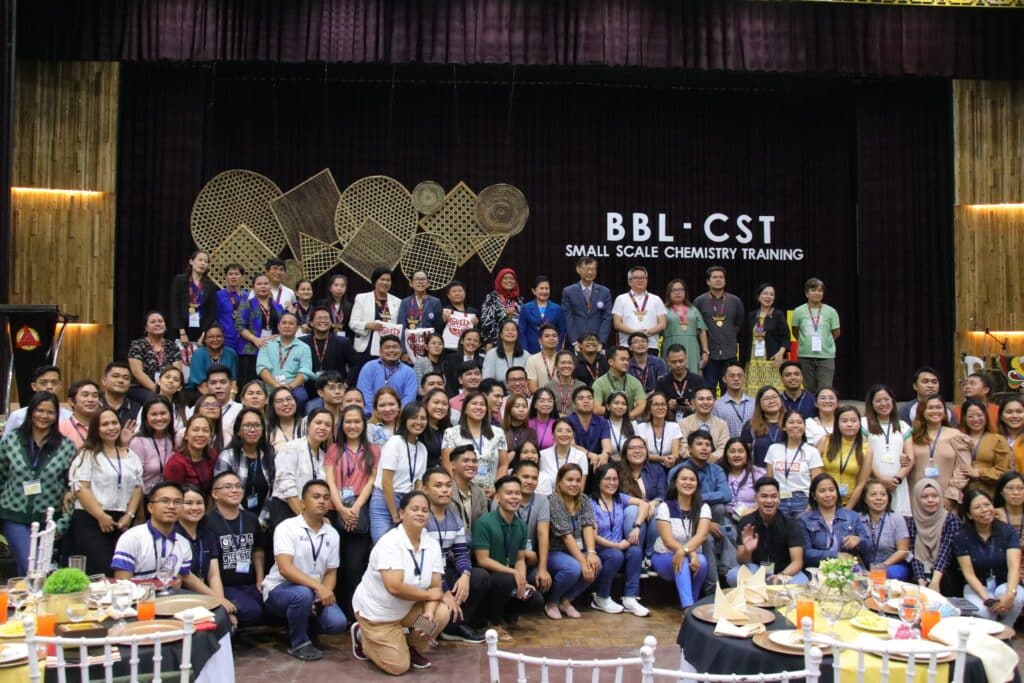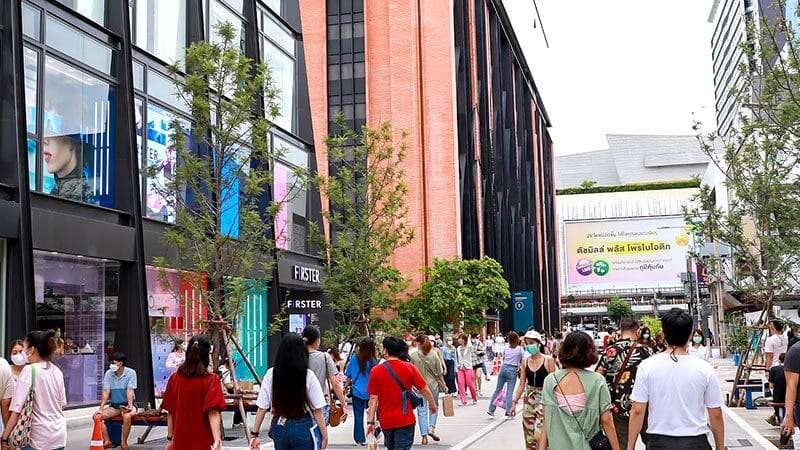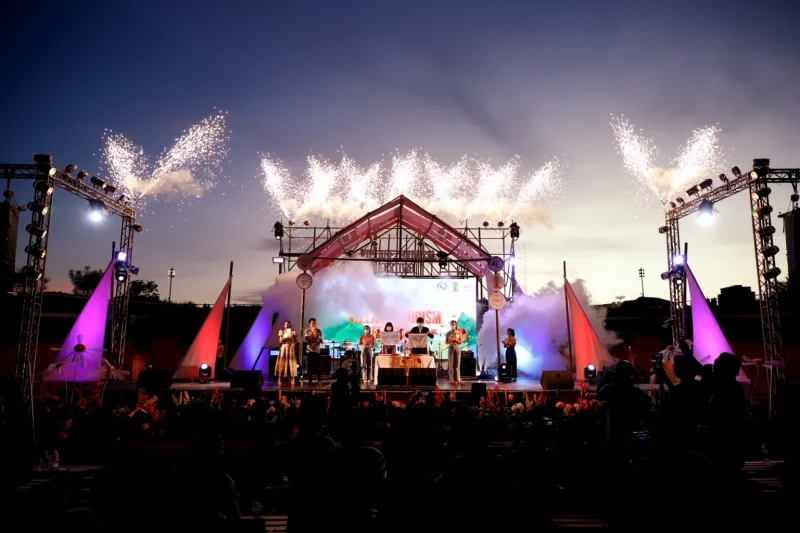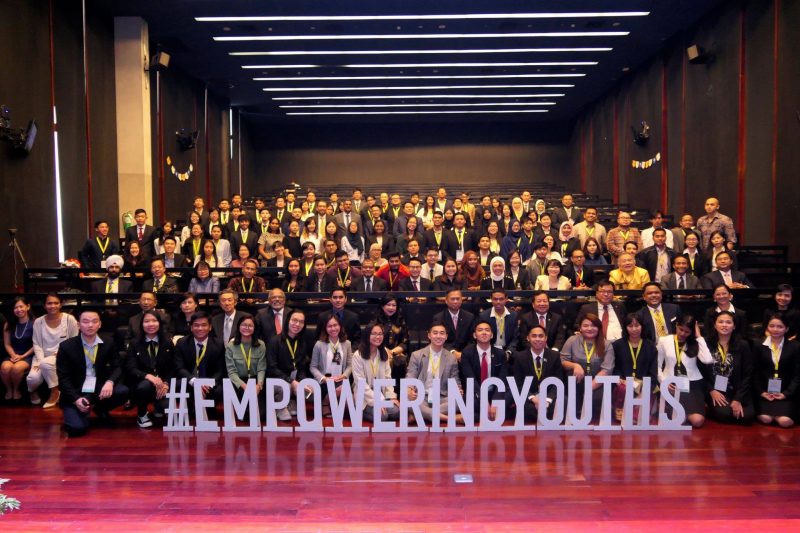Transformative Science Education as a Catalyst for Literacy and Sustainable Development Across ASEAN and South Asia
Photo by Omar:. Lopez-Rincon on Unsplash
“Since 2003, the Department of Chemistry, Faculty of Science, Chulalongkorn University has advanced science education through its small-scale chemistry program. Based on green chemistry principles, it minimizes chemical use—just a few drops—and employs low-cost apparatus, enabling safe experiments directly in classrooms. This approach makes science accessible, inclusive, and engaging, particularly for resource-limited schools.
The initiative expanded nationwide in 2014 with support from the Chemical Society of Thailand and Dow Thailand Group, reached ASEAN in 2017 with Bangkok Bank, and extended to South Asia under IUPAC endorsement in 2022. Operating annually (April–March), it includes workshops, video competitions, and training-of-trainers programs that build teacher capacity and foster sustainable networks.
In 2025, advanced training in Thailand (February) and workshops in the Philippines, Malaysia, Thailand, and Bangladesh further strengthened regional leadership. With more than 5,000 teachers trained across 11 countries, the program delivers stronger learning outcomes, lower costs, and clear alignment with UN SDGs.”
Since its establishment in 2003, the Department of Chemistry, Faculty of Science at Chulalongkorn University has pioneered a transformative small-scale chemistry program. Rooted in the principles of green chemistry, this innovative approach minimizes chemical use—often just a few drops—and relies on simple, low-cost apparatus. This allows teachers to conduct safe, hands-on experiments directly in classrooms, making science education accessible and engaging for students of all backgrounds and learning levels. For resource-limited schools, the program offers a dynamic pathway to expand participation and enhance scientific literacy.
The initiative expanded nationwide in 2014 through a collaboration with the Chemical Society of Thailand and sustained sponsorship from Dow Thailand Group. Regionally, it reached ASEAN in 2017 with support from Bangkok Bank and then extended to South Asia in 2022 under IUPAC endorsement.
Today, it operates on an annual cycle (April–March) that includes workshops, video competitions, training-of-trainers initiatives, and networking activities. These components collectively strengthen teacher capacity, elevate professional confidence, and foster sustainable networks
Over the past twelve months, the program has made significant progress. The cycle began with the video competition from October to November 2024, which involved teachers from Thailand, Vietnam, Philippines, and India who had participated in earlier workshops.
From these, sixty outstanding educators were selected to attend advanced training and networking events in Thailand in February 2025, becoming leaders in small-scale chemistry. Together with fellow workshop participants, these educators now mentor peers in their home countries, ensuring long-term sustainability while extending the program’s influence.
In 2025, four international workshops were conducted: in Philippines and Malaysia in April, Thailand in May, and Bangladesh in August. These sessions provided hands-on training in small-scale chemistry techniques and experiment design. Teachers were encouraged to adapt the methods to their classroom settings and tasked with creating original experiments. These will be presented during the upcoming video competition in October–November 2025, which falls outside the current reporting period. The workshops not only enhanced technical expertise but also fostered cross-border collaboration and professional solidarity among educators.
A major milestone was reached when the Office of the Basic Education Commission formally adopted small-scale chemistry into Thailand’s national science education framework. Three-year Memoranda of Understanding were signed in May 2022 and again in April 2025, ensuring continued recognition and long-term integration of the initiative across Thai schools.
The achievements of the past year reflect the strength of enduring partnerships. Originating at Chulalongkorn University, the initiative now thrives through collaboration among universities, government bodies, NGOs, and private-sector partners across ASEAN and South Asia.
Since 2013, over 5,000 teachers from 11 countries have been trained, directly benefiting hundreds of thousands of students. The outcomes are clear: improved learning, enhanced classroom engagement, reduced costs for schools, and a strong alignment with the United Nations Sustainable Development Goals (SDGs 3, 4, 10, 12, 13, and 17).
Through its steady growth and strategic outreach, the small-scale chemistry program continues to serve as a catalyst for scientific literacy, innovation, and sustainable development, shaping the future of science education across the region.
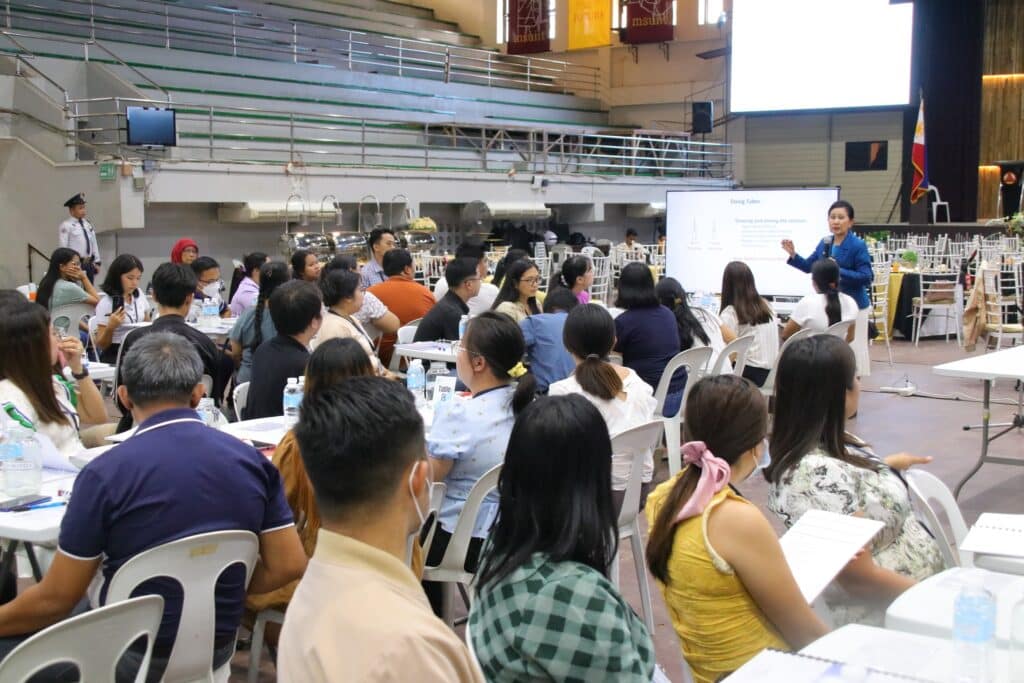
By Faculty of Science, Chulalongkorn University in collaboration with The Chemical Society of Thailand under the Patronage of Her Royal Highness Princess Chulabhorn
Others
eMpowering Youths Across ASEAN Programme
Chulalongkorn University has been playing a key role since the launch of this program whose original design was formulated by the partnership between ASEAN Foundation and Maybank Foundation.

